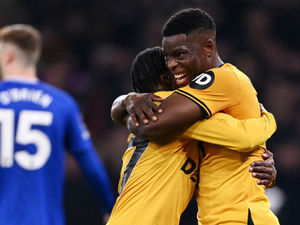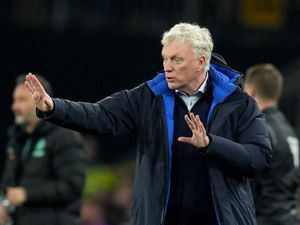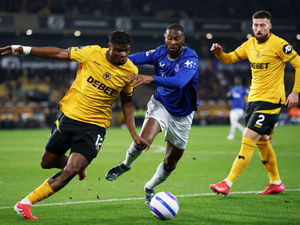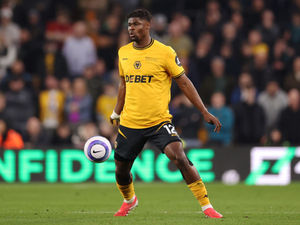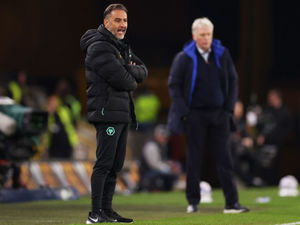Wolves debrief: The stats don’t lie in defeat to Palace
Wolves' unbeaten streak is at an end and it felt like it was their own undoing.
Questionable decisions with the starting XI and an inability to regain control over the midfield an, in turn, possession meant Wolves deservedly lost to Crystal Palace and their unbeaten run ended at the sixth attempt.
Ahead of the international break it throws up talking points on how they approached the game and where they go from here.
Statistics tell the story
Some people will say that statistics do not tell the full story, and that can be true, but in this case they perfectly highlight how the game panned out.
Palace had 64 per cent possession at half-time and ended the game with an average of 60 per cent, to Wolves' 40.
Quite simply, Wolves failed to hold onto the ball and make it stick. They also only made 360 passes to Palace's 547 and had a pass accuracy of 74 per cent, to the host's 84 per cent.
In long balls and crosses Wolves really struggled. They only completed 28 of 73 long balls (38 per cent) as well as only three of their 10 crosses.
Wolves had four shots with two on target, to Palace's 13 and six. Wolves also created zero big chances.
Arguably, the most accurate statistic of them all for summing up the game is the number of successful dribbles.
Palace achieved 14 of their 20 attempted – a healthy 70 per cent. Wolves only completed nine out of 22 (41 per cent).
When Wolves did get the ball down and looked forward, they lost it easily and ran into trouble. Nothing came together in the final third.
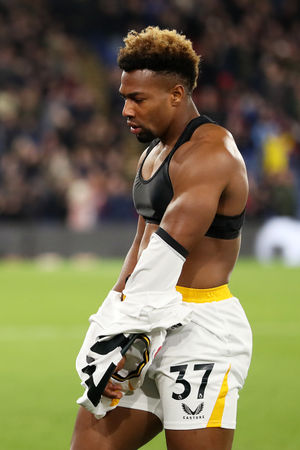
Troubled Trincao
It is not Francisco Trincao's fault he was selected in a game that seemed to suit Adama Traore, but it is his fault when he does not complete even the simplest of tasks.
In his 68 minutes on the field the winger had a very poor 60 per cent pass accuracy, no key passes or crosses and attempted – and failed – one long ball.
He also lost possession 14 times in a game that he had no influence on whatsoever.
Despite his poor performance, it seemed a strange call from Bruno Lage not to start Traore.
The head coach clearly wanted his side to have more of the ball and he said as much after the game – which may point to why Trincao started.
But surely Traore should have been introduced earlier when it was clear Wolves' only opportunities were coming on the counter attack. The other option was to bring Leander Dendoncker on and play three in midfield to get hold of the ball more and the utilise Trincao, but that did not happen either.
When Traore finally came on in the 68th minute he was put in right-wing-back. Firstly, they needed him further up the pitch but Wolves also failed to get the ball to him.
It felt like an opportunity wasted for Wolves and they were too slow to react.
International break – perfect timing?
Considering how tightly packed these three international breaks have been, this one comes as a bit of a nuisance.
But for Wolves it is an opportunity to take stock and analyse where they are going wrong against teams that press them higher up the pitch. They need to control the ball more.
It is a disappointing defeat, certainly, but a dose of reality is needed. Wolves have been overachieving with their small squad and have picked up plenty of good results.
Some performances need improving, but they have also shown in glimpses how good they can be.
It is all there, they just need to put it together and the timing of this international break may help them regroup.

